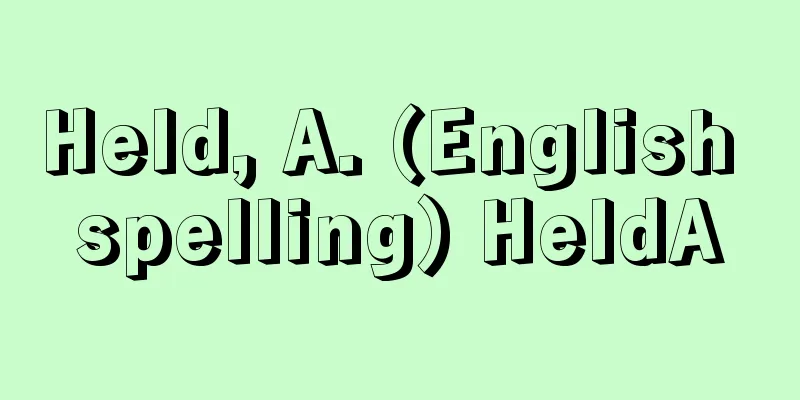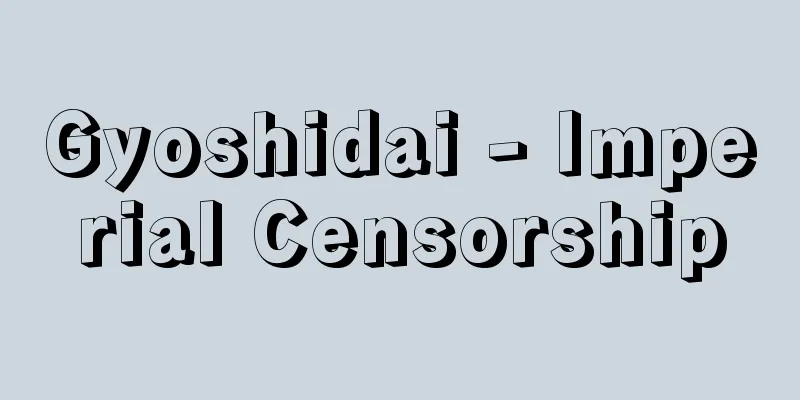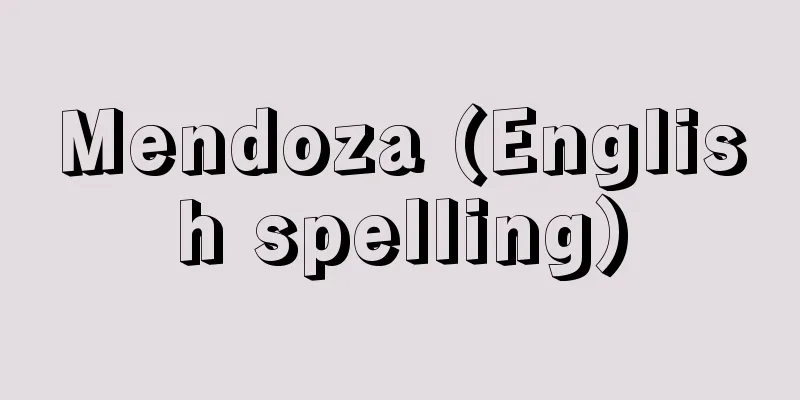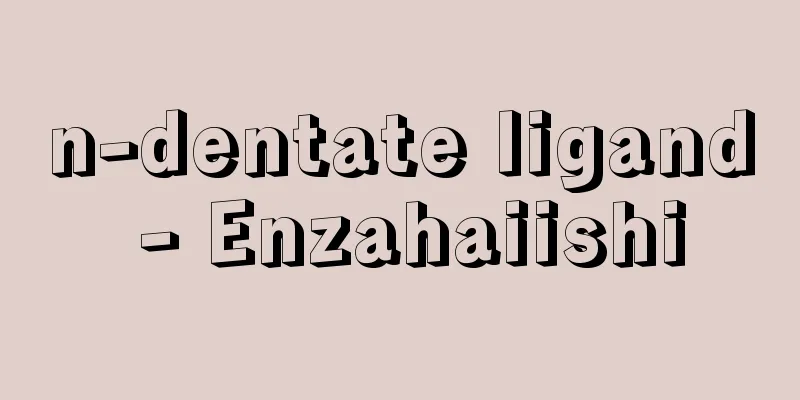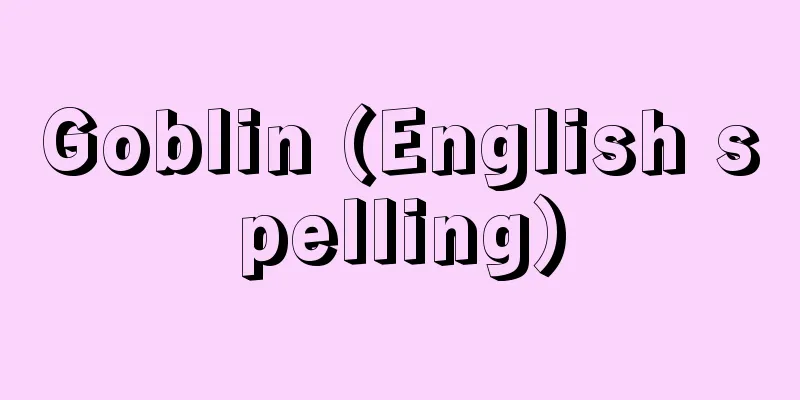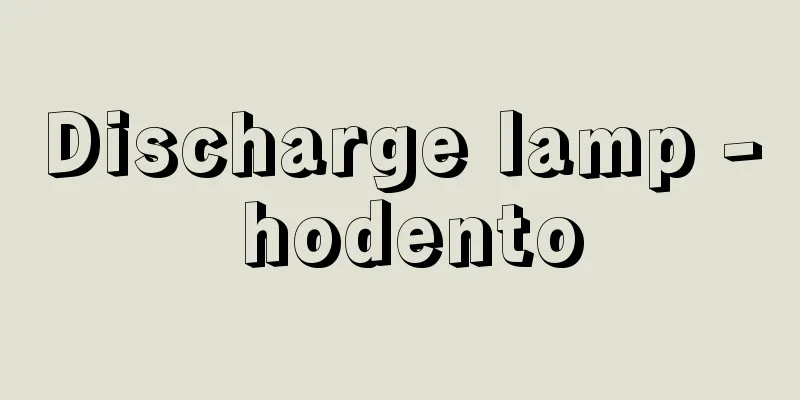Prohibition Law
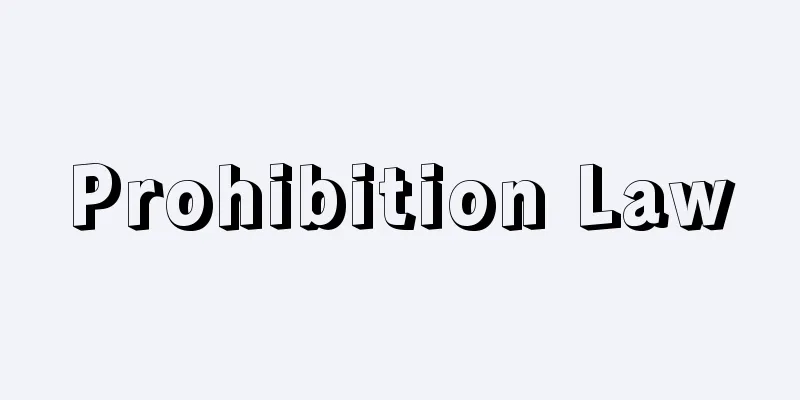
|
The 18th Amendment to the United States Constitution, enacted in January 1919, prohibited the manufacture, sale, and transportation of alcohol in the United States, and its detailed provisions, commonly known as the Volstead Act (enacted in October 1919). The temperance movement in the United States grew rapidly in the 20th century, and by early 1917, there were already 26 dry states. On the one hand, the movement was a religious indoctrination movement based on evangelical Protestantism, but on the other hand, it was also part of the political and economic social regulation movement of the early 20th century, involving business interests that sought to improve factory discipline and production efficiency through prohibition. The entry of the United States into World War I in 1917 further increased the voices calling for improved production efficiency, and the 18th Amendment to the Constitution passed Congress in December of the same year, and was promulgated in 1919. However, the establishment of prohibition as federal law only damaged the dignity of the law. In other words, after the law was passed, bootlegging and illegal sales became rampant. For this reason, calls to repeal the law grew louder in the 1930s, and in 1933, Congress passed the 21st Amendment to the Constitution, which repealed the law, thus bringing the era of Prohibition to an end. [Eisaku Kihira] "Norman H. ClarkDeliver Us from Evil: An Interpretation of American Prohibition (1976, WW Norton & Company, Inc., New York)" Source: Shogakukan Encyclopedia Nipponica About Encyclopedia Nipponica Information | Legend |
|
アメリカ合衆国における酒類の製造、販売、運送を禁じた1919年1月成立の合衆国憲法修正第18条およびその細則の通称ボルステッド法(19年10月成立)。アメリカにおける禁酒運動は、20世紀に入ると急速に高まり、すでに1917年初頭には26の禁酒州を数えた。その運動は、一面で福音(ふくいん)主義的プロテスタンティズムに依拠する宗教的教化運動であったが、また他面では、禁酒によって労働者の工場規律、生産能率の改善を求める実業的利害がかかわるなど、政治的、経済的な20世紀初頭の社会規制運動の一環でもあった。17年の第一次世界大戦への参戦は、生産能率向上の声をさらに高め、同年12月、憲法修正第18条は議会を通り、19年確定公布された。しかし、連邦法としての禁酒法の成立はかえって法の尊厳を傷つけただけであった。すなわち、同法成立後、密造、密売が横行した。このため、30年代に入ると同法廃棄の声が高まり、33年、議会はこれを廃棄する憲法修正第21条を可決し、ここに禁酒法の時代は終わった。 [紀平英作] 『Norman H. ClarkDeliver Us from Evil : An Interpretation of American Prohibition (1976, W. W. Norton & Company, Inc., New York)』 出典 小学館 日本大百科全書(ニッポニカ)日本大百科全書(ニッポニカ)について 情報 | 凡例 |
Recommend
Neptunism - Suiseisetsu (English spelling)
Also known as sedimentary theory. The theory that ...
relative deprivation
…In Japan, what is called the standard cost of li...
Lord Chancellor
… [Foreign Systems] (1) United Kingdom Judges are...
Hard shower
…The name comes from the fact that the trajectory...
Ainu language - Ainugo
Along with Japanese, it is a language that has be...
The debate on Japanese capitalism
A debate among Marxists over the characteristics ...
Itahana
It occupies the north bank of the Usui River in th...
Ostrovskii, Aleksandr Nikolaevich
Born: April 12, 1823, Moscow Died: June 14, 1886. ...
Tissé, E. (English spelling) TisseE
…In 1924, he supervised the editing of the Russia...
New system of court nobles
Also read as "Kōge Shinsei." Written law...
Gakusho Gakujin - Gakusho Gakujin
...The name appears in documents from 764 (Tenpyo...
Kanjin Sajiki
...By the end of the Heian period, box seats for ...
Hierarchical Cosmology
…1897-1927 Professor of Astronomy at the Universi...
Mu'in al-Din Sijzī (English spelling)
...One of the Sufi orders (tariqas) founded by Ab...
Nakatosa [town] - Nakatosa
A town in Takaoka district, central Kochi prefectu...
